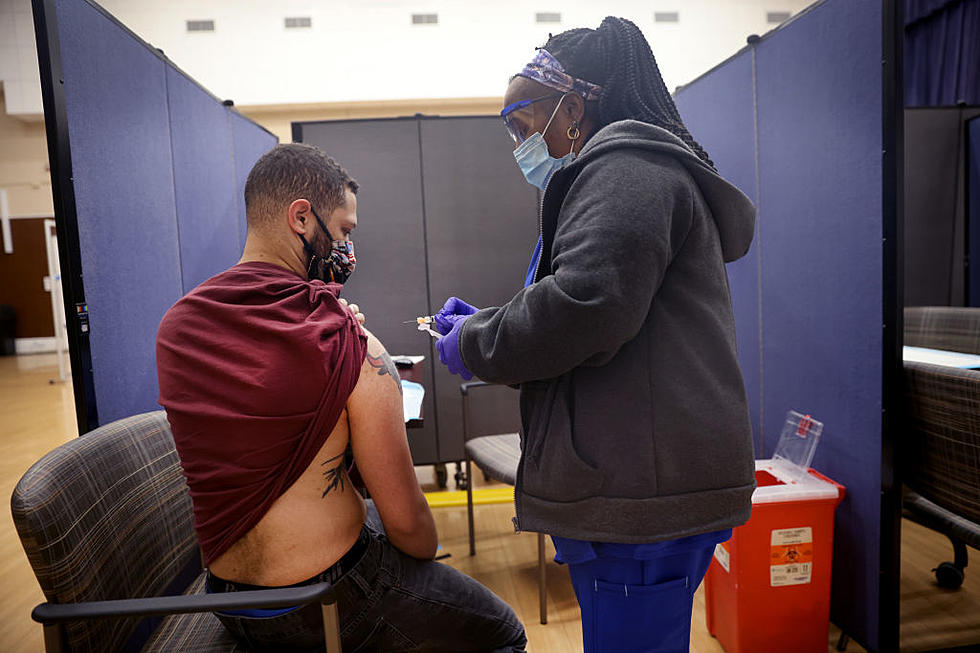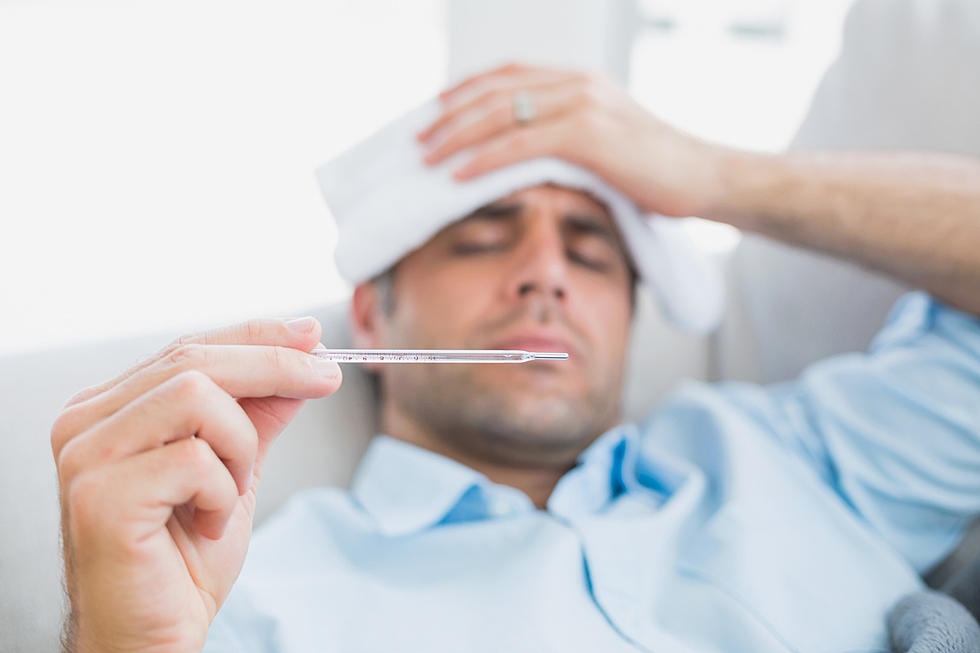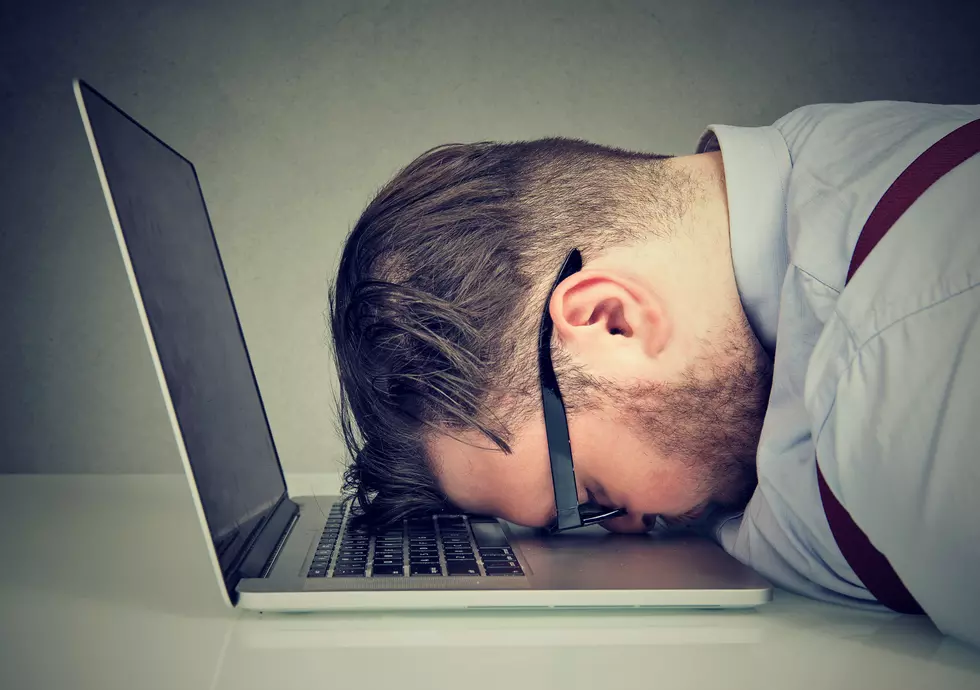![Do You Go To Work Sick? [POLL]](http://townsquare.media/site/42/files/2015/10/RS4789_111932943-630x420.jpg?w=980&q=75)
Do You Go To Work Sick? [POLL]
It's that time of year again. Cold and flu season. We know we shouldn't go to work exposing co-workers, but some of us still do.
Why do we go to work sick? Some feel they are too important to their job to stay home. That's unfortunate because then co-workers are exposed to what ails you. Live Science reports nearly all doctors in a new study say they would go to work while sick with a cold, and more than a third say they would work if they had the flu.
A full 96 percent said they would work if they had symptoms of a cold, 77 percent said they would work if they had diarrhea, 54 percent said they would work if they were vomiting and 36 percent said they would work even if they knew for sure that they had the flu. About half said they would work if they had a fever between 101 and 103 degrees Fahrenheit (38 to 39 degrees Celsius), and a quarter said they would work with a fever higher than 103 degrees, according to the study.
It's a catch 22. Your feeling guilty if you call in sick and if you go to work sick then you exposing your co-workers. Even Doctors go to work sick right? Well, despite feeling guilty you know the right thing to do.
Kimberly-Clark Professional offers employees several tips to help them prepare for this year's cold and flu season:
- Speak up: Workers should ask their human resources department or building manager to provide convenient and accessible tools to help break the chain of germ transmission, such as hand sanitizer, disinfecting wipes, paper towels, soap and facial tissues.
- Take steps to prevent the spread of germs: Employees need to cover their nose and mouth with a tissue when they sneeze and then throw the tissue away. Try to use an anti-viral tissue, since they have a special moisture-activated middle layer that traps and kills cold and flu viruses. Those who don't have a tissue handy should cough or sneeze into the inner part of their sleeve at the elbow.
- If you get sick, stay home: Regardless of where they rank on the workplace hierarchy, workers shouldn't put other people at risk because they feel you're too "essential" to stay away from the office. The Centers for Disease Control and Prevention recommends that those who become sick with a flu-like illness should stay home for at least 24 hours after their fever is gone.
Utica's Underground Railroad Tunnels
More From 96.1 The Eagle









